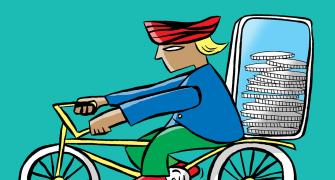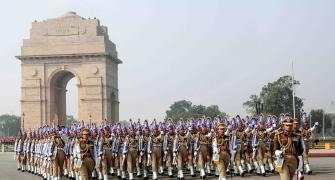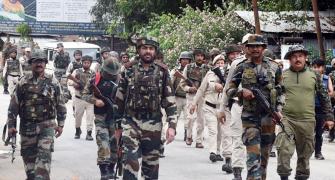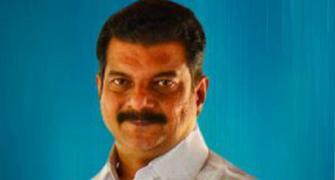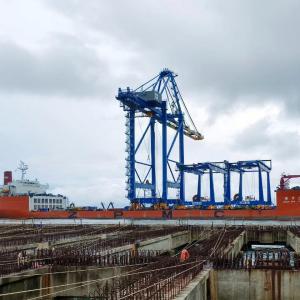When it comes to electric two-wheeler sales, Maharashtra is miles ahead of other states, thanks to Bajaj Auto, which sold 45 per cent of its Chetak electric scooters in September in its home state.

The state is also the biggest market for TVS, another incumbent player, and together with Bajaj Auto, they accounted for 88 per cent of Maharashtra’s total electric scooter sales last month.
As many as 8,417 units were sold in Maharashtra in September.
Bajaj Auto’s contribution was 4,048 vehicles and that of TVS was 3,389, according to model- and state-wise data from the Society of Indian Automobile Manufacturers (Siam).
Karnataka came second, with sales of 5,686 electric two-wheelers, while Gujarat was third (3,691) and Tamil Nadu was fourth.
The rankings are based on data from four firms — TVS, Bajaj Auto, Ather Energy and Hero Motocorp, which are members of Siam — and excludes Ola Electric, which is not a Siam member.
A statewide analysis of electric two-wheeler sales shows that north India has been lagging behind the south, with the exception of Rajasthan, where sales touched around 2,400 in September.
But Delhi recorded sales of merely 1,159 vehicles, while Uttar Pradesh recorded 962, Haryana 124 and Punjab 479.
Despite all the hoopla around electric vehicles (EVs), the sales of electric two-wheelers are limited to a few states.
Even incumbent internal combustion engine (ICE) players, with a pan-India distribution network, have concentrated on a few markets.
Consider this. Besides Maharashtra, Kerala and Gujarat accounted for 62 per cent of Bajaj’s Chetak sales in September.
However, the company did not sell any e-scooter in 15 states or Union Territories (UTs) out of the 37 in India.
And in six states, it sold under 30 vehicles.
Yet a popular ICE model like the Pulsar is available all over India, except in five states.
TVS, on the other hand, did not sell a single electric scooter in 19 states and UTs.
But it sold more than Bajaj, Ather and Hero Motocorp put together, with 20,276 vehicles in September, and sold higher volumes in the states where they were active.
For TVS, Maharashtra accounted for nearly 17 per cent of its sales and the top three states, including Karnataka and Gujarat, made up 42 per cent of all its sales.
Bengaluru-based startup Ather Energy saw 54 per cent of its sales in the top trio of Karnataka, Kerala and Maharashtra.
It drew a blank in 13 states. And Hero Motocorp, India’s largest two-wheeler company that has ventured cautiously with its premium e-scooter Vida, notched up a sales figure of 1,160 in September.
As much as 60 per cent of it comes from Tamil Nadu, Maharashtra and Karnataka. It made no sales in 25 states.
Explaining the concentration of sales in a few states, a senior executive of a leading e-scooter firm says: “The strategy is simple. You can spread the electric scooters across all your dealers so each gets a few, or you concentrate on dealers in certain markets and give them a substantial number to sell.
"The idea now is to increase penetration in the promising markets rather than spread thinly.”
Karnataka, of course, is a key electric two-wheeler market.
It is the largest market for Ather, and among the top three for TVS and Bajaj. Gujarat is also among the top three markets for TVS electric two-wheelers, and the fourth largest for Ather and Bajaj.
Production of 50 GWh battery cells to start in early 2024
Union Heavy Industries Minister Mahendra Nath Pandey on Wednesday said India will start local production of around 50 gigawatt hour (GWh) battery cells by early 2024.
Speaking at the Green Plate EV Rally, Pandey emphasised the Centre’s sustained efforts to boost the EV sector.
“With 9.4 lakh EVs already on Indian roads, the production-linked incentive (PLI) scheme has been instrumental in supporting domestic manufacturing and reducing our dependency on imports,” he said.
Currently, batteries are only assembled in India.




